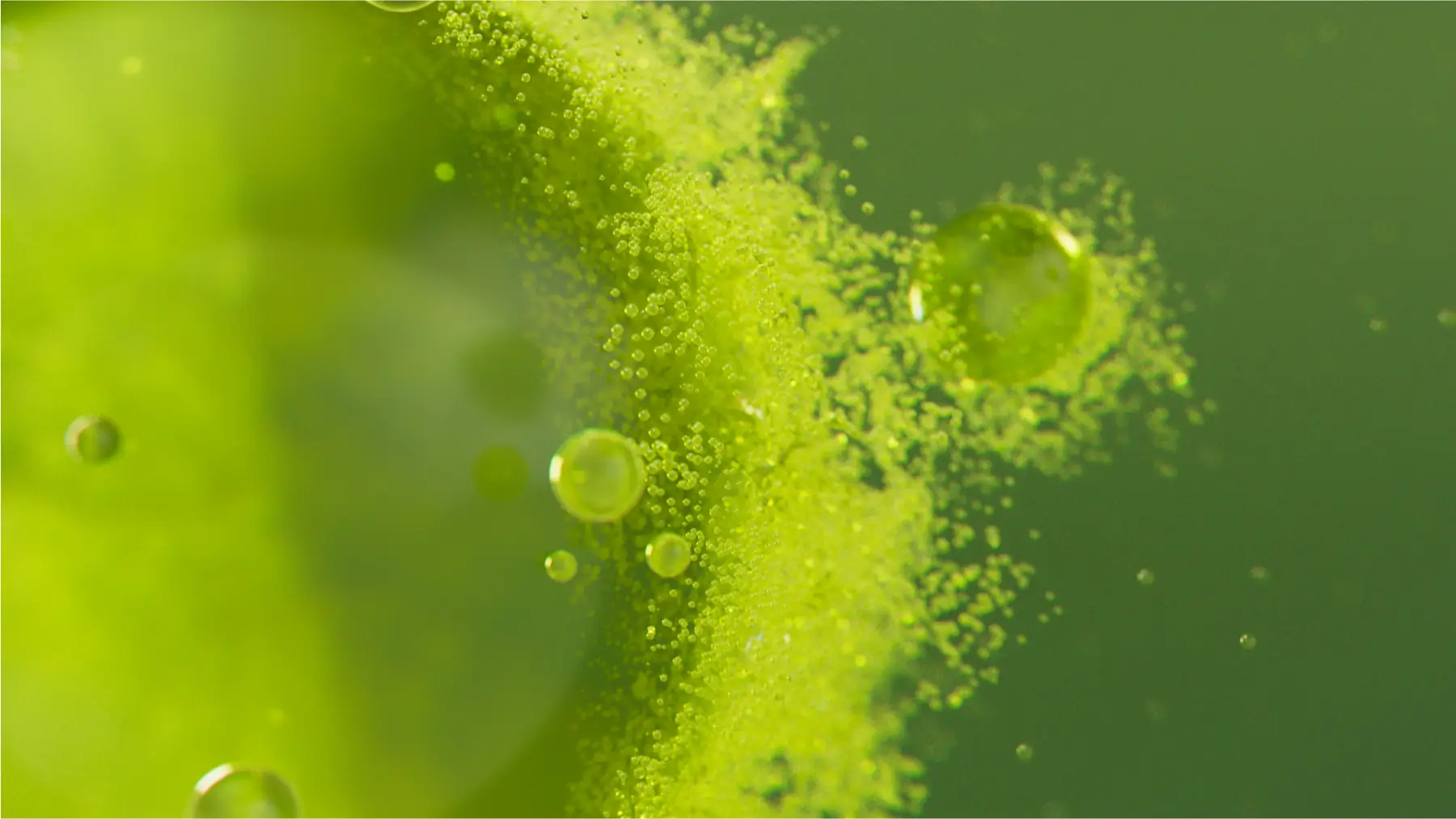
Homogenization, the process of converting two immiscible liquids into a thoroughly mixed dispersion, is an important manufacturing process step utilized in various industries, including pharmaceutical, biotech, cosmetic, food, and chemical.
With the wide variety of homogenizers available on the market, selecting the right homogenizer for the task at hand is a very important (and often daunting) process. High pressure and low pressure homogenizers exist in today’s market, and although high pressure homogenizers make up a large proportion of available homogenizers, low pressure homogenizers play a similarly important role in certain manufacturing industries. Here we will break down and analyze the differences in low pressure versus high pressure homogenizers, and when each type should be utilized.
While both high pressure and low pressure homogenizers accomplish the same end-goal of reducing particle size (also known as micronization), they function in somewhat different ways. Low pressure homogenizers, popular in the food and beverage industry, contain a larger flow valve than their high pressure counterparts, which increases fluid velocity and results in a lower overall pressure. Low pressure homogenizers are often used in the manufacture of soy fortified products, yogurt, milk powders, processed cheese, ice cream, juice based products, and flavored milk products. In relatively recent times, low pressure homogenizers have also been used in the treatment of waste water; sewage treatment plants often use low pressure homogenizers to utilize previously-discarded sewage sludge and other environmental pollutants.
Like low pressure homogenizers, high pressure homogenizers are also used in a growing number of industries, and offer consistent, repeatable, fast results with particle size reduction as well as the creation of emulsions and dispersions.
BEE International offers a number of high pressure homogenizers, suitable for laboratory, pilot plant, or industrial use.
BEE International offers the following laboratory homogenizers for purchase:
These laboratory homogenizers offer a great deal of flexibility with small and large scale production needs, and offer the following benefits:
- 100% guaranteed scalability of results
- Easy cleaning and maintenance with no disassembly required
- PLC control with digital display
- Dual Feed capabilities
- CE compliant
- Lifetime training for new employees and students
In addition, Pion's BEE brand offers a variety of homogenizers suitable for pilot plant and industrial use:
These high pressure homogenizers offer the highest levels of process controls and automation, as well as compliance with CFR 21 part 11 requirements. Additional benefits include:
- Dynamic visual schematics indicating system parameters and component status
- Security modes and authorizations
- SCADA compliance
- Sanitary design and features suitable for a number of industries, including pharmaceutical
- Integration with plant controls network data gathering
For more information on our available homogenizers, as well as additional information on how our high pressure homogenizers can meet your company’s needs, please contact us.

